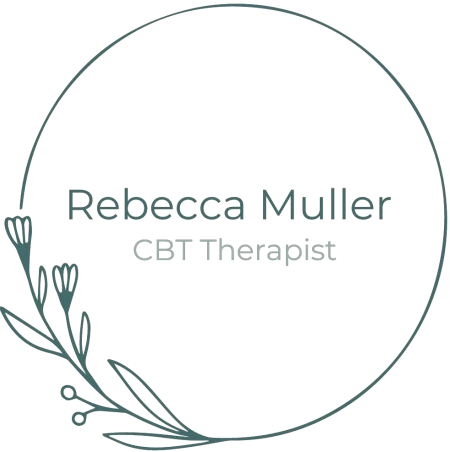In the realm of psychotherapy for trauma, two prominent approaches often stand out: Eye Movement Desensitization and Reprocessing (EMDR) and CBT therapy. Both have proven to be effective in addressing a variety of mental health challenges, but choosing the right one for you can make all the difference on your path to healing. In this blog, we'll explore the differences between EMDR and CBT therapy, helping you make an informed decision about the path that is right for you.
Understanding EMDR and CBT Therapy
EMDR is a relatively newer therapy approach that incorporates elements of CBT therapy with specific techniques to process and reframe traumatic memories. It often involves guided eye movements or other bilateral stimulation to help patients process distressing memories.
On the other hand, traditional CBT Therapy, involves verbal conversations between the therapist and the client. It explores emotions, thoughts, and behaviours to promote self-awareness and personal growth.
Key Differences and Considerations
Processing Trauma: EMDR is particularly effective for individuals struggling with past traumatic experiences. It is designed to help process and desensitize traumatic memories quickly. CBT therapy may take longer to address trauma through conversation.
Cognitive vs. Experiential: In EMDR, clients are often more experiential participants, engaging in specific techniques to process their trauma. CBT therapy is typically more cognitive, with clients discussing their thoughts and feelings with the therapist.
Pros and Cons of Each Approach
EMDR
- Pros: Rapid results, structured approach, may require fewer sessions. Don't need to talk about the trauma.
- Cons: May not be suitable for all mental health issues; involves processing distressing memories.
CBT Therapy
- Pros: Versatile, applicable to a wide range of issues, fosters a strong therapeutic relationship.
- Cons: Slower progress, requires open-ended commitment to sessions. Need to talk about the trauma.
Choosing the Right Path
Who might benefit more from EMDR? Individuals dealing with trauma, PTSD, or specific phobias often find EMDR to be highly effective in bringing relief.
On the other hand, CBT therapy might be more suitable if you are seeking personal growth, addressing general anxiety or depression, or prefer a more conversational approach to understanding your thoughts and emotions.
Ultimately, the decision between EMDR and CBT Therapy is a highly individual one. Rebecca Muller CBT is here to help you make the right choice, tailoring a therapeutic approach that aligns with your unique needs and goals. Reach out to me today and take that important step towards healing and well-being. Your journey to good mental health starts here.
